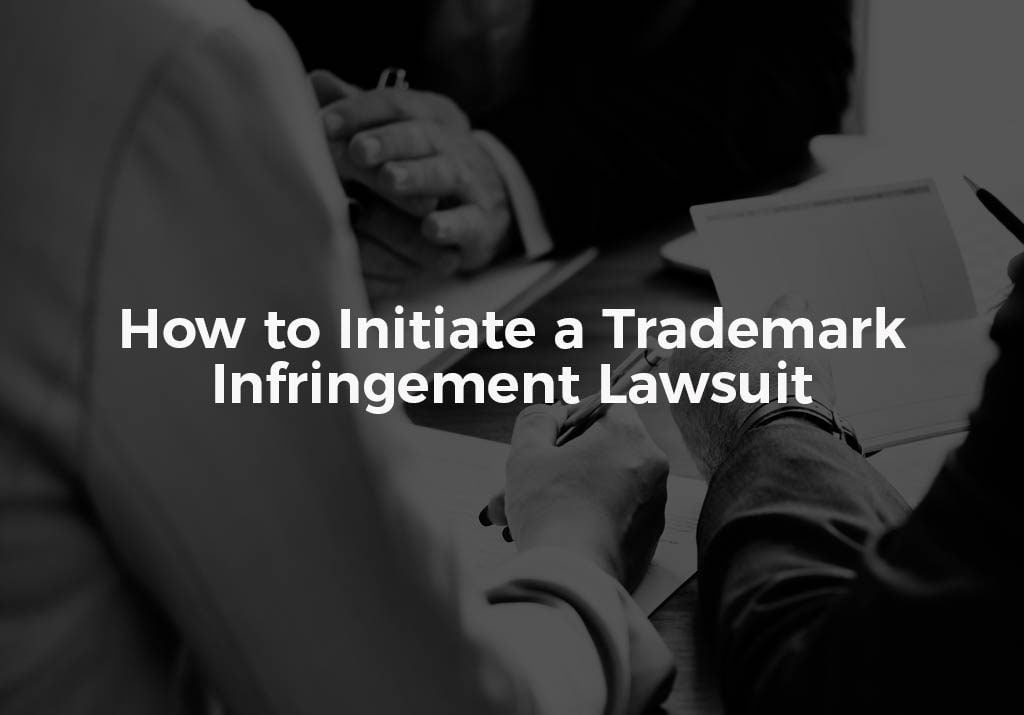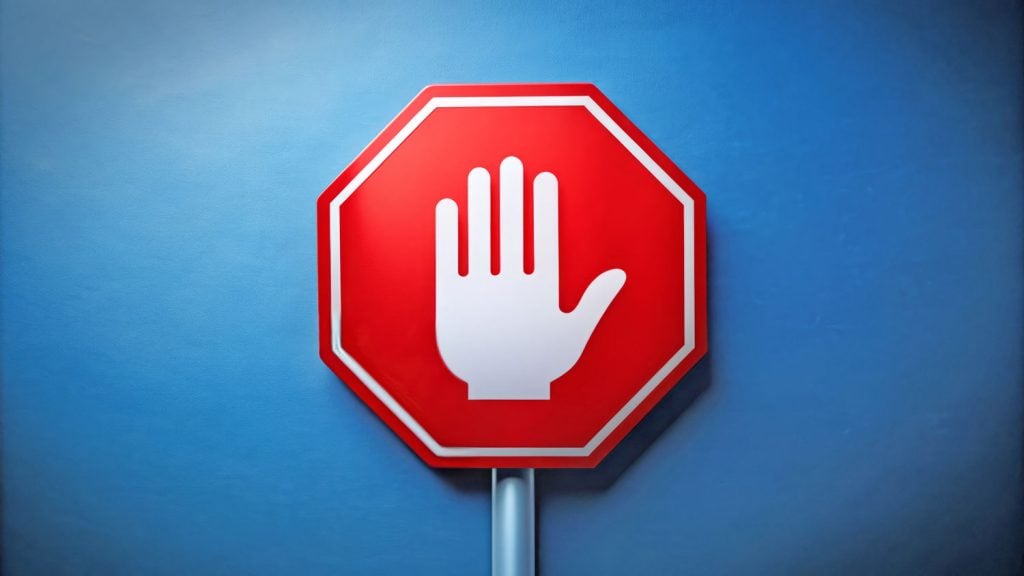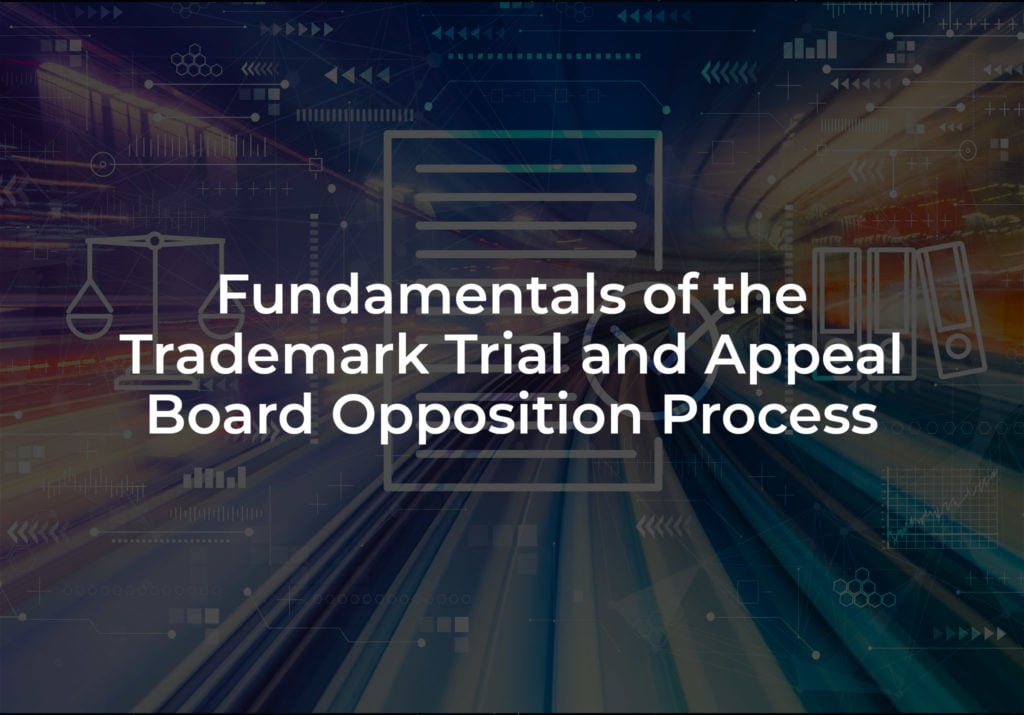If you are convinced that you have a trademark-related legal cause of action and you want to seek recourse through litigation, you will need to initiate a trademark litigation proceeding. You should speak with an experienced trademark litigation attorney, like the professionals at The Rapacke Law Group, to ensure that litigation in the courts is the best option available to you to protect your trademark IP assets. If litigation is the path you choose, your lawyer will help you choose the right court system for your claim, prepare a thorough complaint, and will represent you tenaciously in court.
Choosing the Right Forum
As an initial matter, you must determine which court system would be best, or most appropriate, tribunal for you to bring your trademark infringement action before. Since trademark rights can exist based on common-law, state law and/or federal law, you might have the option of bringing an action in a number of different court jurisdictions (e.g., state court, federal court, before the USPTO Trademark Trial and Appeal Board and/or before the U.S. International Trade Commission). Your lawyer can help you work out which court(s) is/are available to you.
Initiating A Legal Action by Filing a Complaint
To initiate any legal action in the court system, plaintiffs must file a complaint with the court. The content that is required to be included in the complaint will vary based on the particular type of legal cause of action you are asserting, but generally speaking, your complaint must include:
- Assertion of your ownership rights to the trademark in question,
- Identification of the accused trademark infringer/defendant,
- An explanation of the relevant facts,
- Identification of the grounds upon which the action is based (e.g., trademark infringement, dilution, etc.),
- Identification of how you have been harmed by the infringer/defendant, and
- A request for a form of relief.
It is important to note that each court system has their own requirements for legal filings regarding the form that the filings must take, how submissions must be made, and the timeframes in which submissions must be made. An experienced lawyer will be familiar with the filing requirements of the court system where you choose to file your complaint.
Initiating a Trademark Infringement Lawsuit Can Be Confusing
As with trying to perform any type of legal work on your own, initiating a trademark infringement lawsuit without the help of an experienced trademark infringement lawyer can be confusing. If you make a mistake or miss a filing deadline, you could potentially lose out on certain legal rights.
It is always a good idea to consult with an experienced trademark infringement lawyer early on to ensure that litigation is the right legal option for you. Furthermore, a seasoned trademark litigation lawyer will be able to figure out which forum is appropriate for your case and will be able to prepare your complaint in compliance with your chosen forum’s particular filing requirements. A trademark lawyer knows the ropes and can help guide you through the court system as you seek recourse for the infringement of your trademark rights.
Talk to A Trademark Infringement Lawyer Today
If you need assistance initiating a trademark infringement proceeding, please reach out to The Rapacke Law Group. We can schedule a free initial consultation with you to discuss your particular needs.




